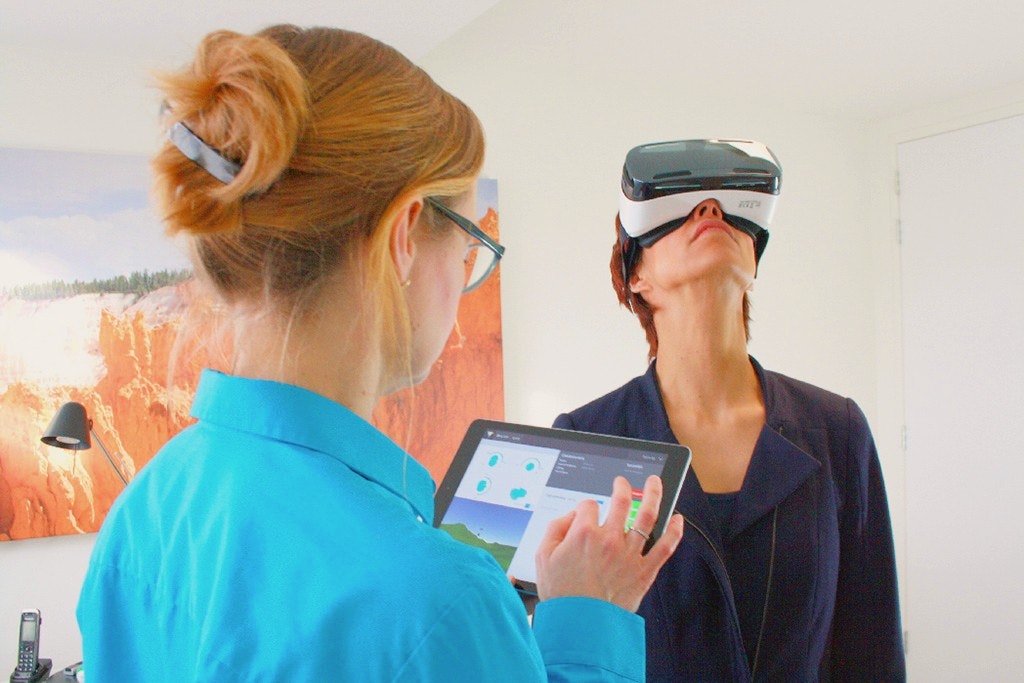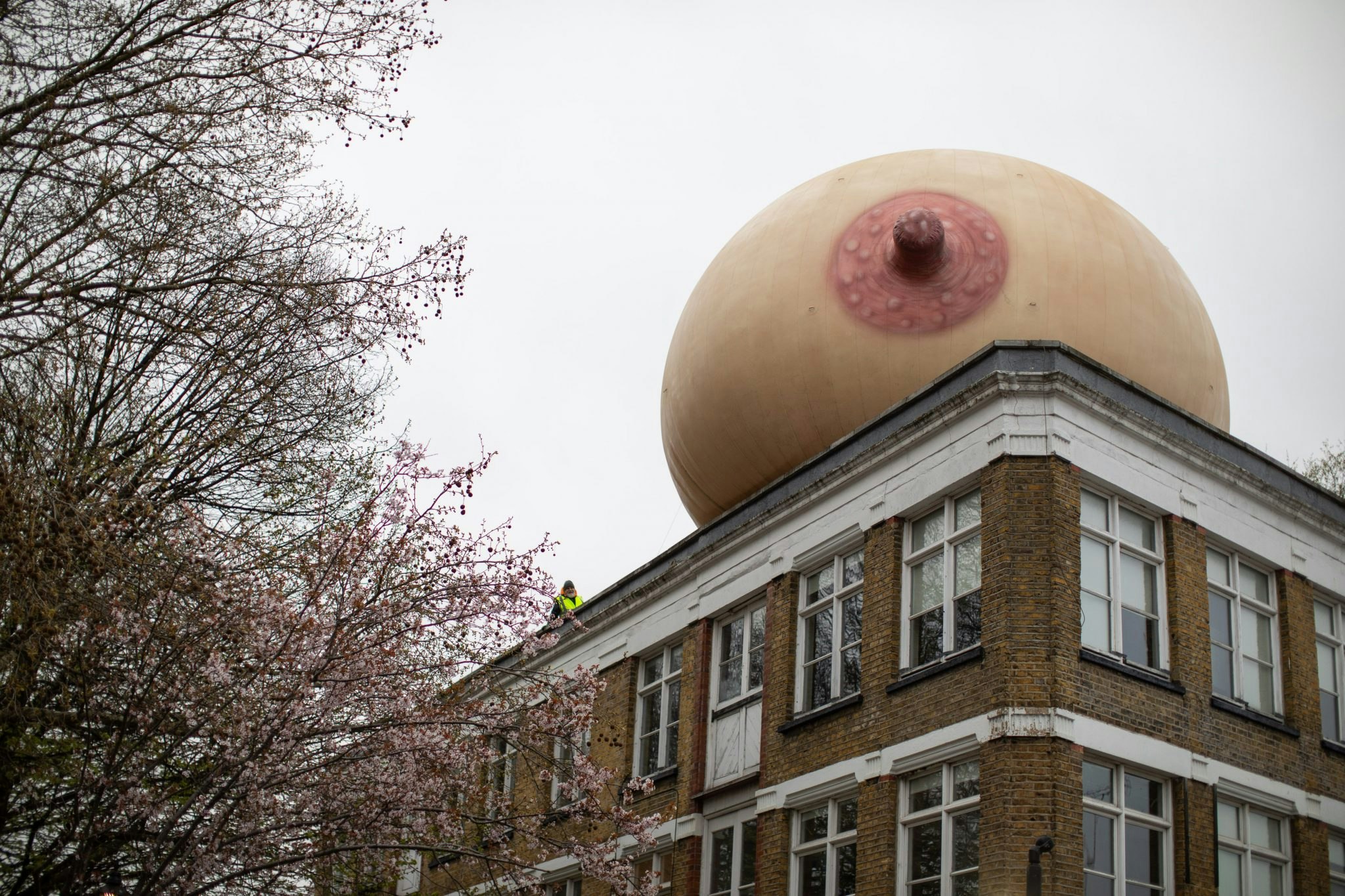Over half a million women experiencing the menopause have been so anxious about their symptoms that they have turned to magnets from a company called Ladycare.
To be explicitly clear: there is no scientific evidence whatsoever that clip-on magnets reduce common menopause symptoms such as hot flushes, aches and pains, low libido and mood swings.
But it’s a sign of how little there is out there to target an issue that affects half the world’s population. Other offerings are limited to low-tech cooling sprays or HRT drugs which are linked to various negative side effects.
“Women have been desperate, and the industry has been taking advantage,” says British entrepreneur Nicola Millar, who founded her own menopause tech startup last year.
But change is afoot: startups are taking on the industry, and investors are getting on board, thanks in part to the fact that femtech (products that target women’s health) is already rapidly growing into a $50 billion industry.
The market for menopause products and services is huge.
In the US, menopausal lubricant brand Madorra has raised $4m, digital health platform Genneve has launched a menopause telehealth service, and data startup Menopause.ai was even acquired by supplement startup Seed Health.
Now European founders are poised to follow suit, according to investors and founders.
“The ‘women’s health moonshot’ means widening the lens of what’s currently available,” says Anne Dordai at the investor Startup Health. “The market for menopause products and services is huge.”
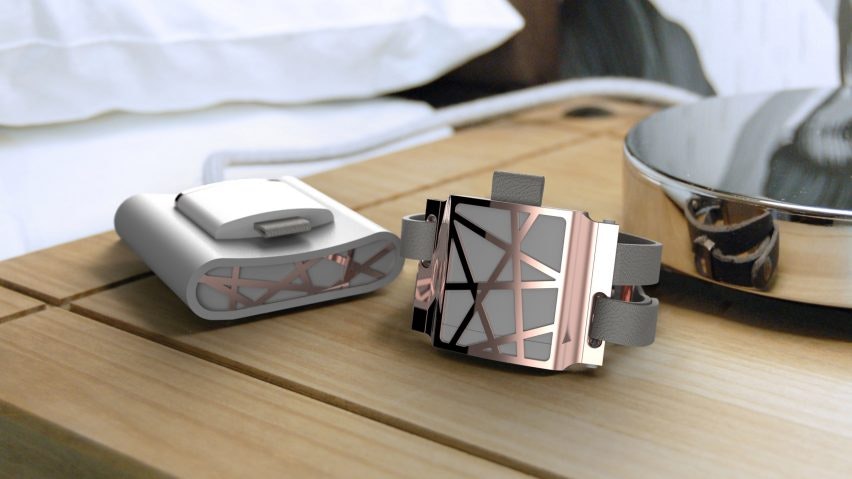
Who’s making menopause tech in Europe?
Nicola Millar decided to enter the menopause market after going through the menopause herself.
Backed by Cambridge Consultants, her business Pebl has developed a stone-shaped cooling device women can discreetly use whenever they are having a hot flush. This is expected to hit the market in around 18-months. “Pebl is a get out of jail free card, for when you can't get your jumper off or open any windows,” she explains.
But not every menopause tech leader has firsthand experience of the issue.
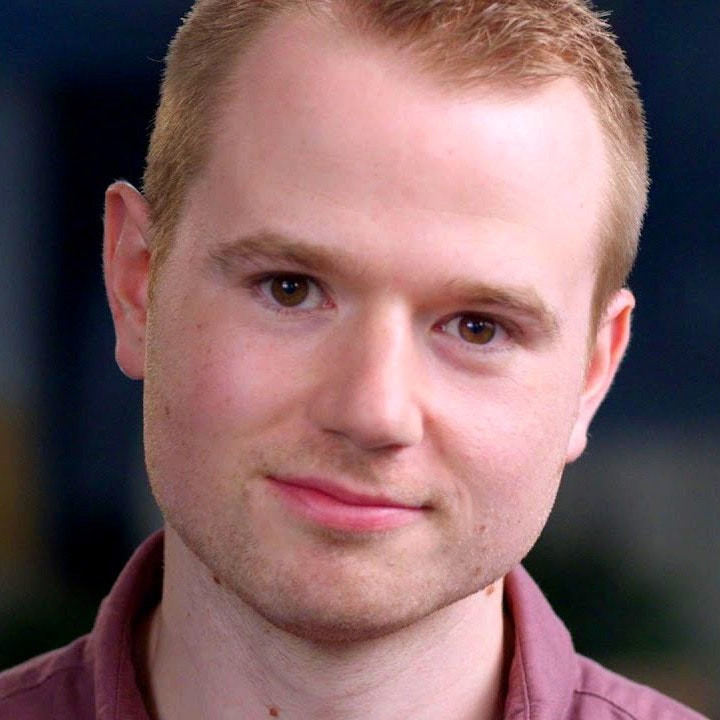
25-year-old Peter Astbury is the UX designer behind and founder of Grace — a cooling wristband designed to help menopausal women moderate their temperature at night.
He’s now used to the “surprised faces” he gets when pitching to investors, he tells Sifted — and he has already raised funding from Loughborough University, and won an innovation award from health giant AXA. It’s not easy to convey the importance of menopause tech to those with cold hard cash, he explains.
“Investors and individuals may have a firm understanding of widely spoken about topics like climate change or water sanitation, but menopause is an entirely new area for many,” he explains.
“Before talking about Grace, we have to fully articulate what it means to go through menopause; how it feels to live with constant hot flushes; what it is like to suffer from sleep deprivation as a result of night sweats and what the detrimental knock-on effects may be for your work life and personal life.”
“It feels as though we're ahead of the curve.”
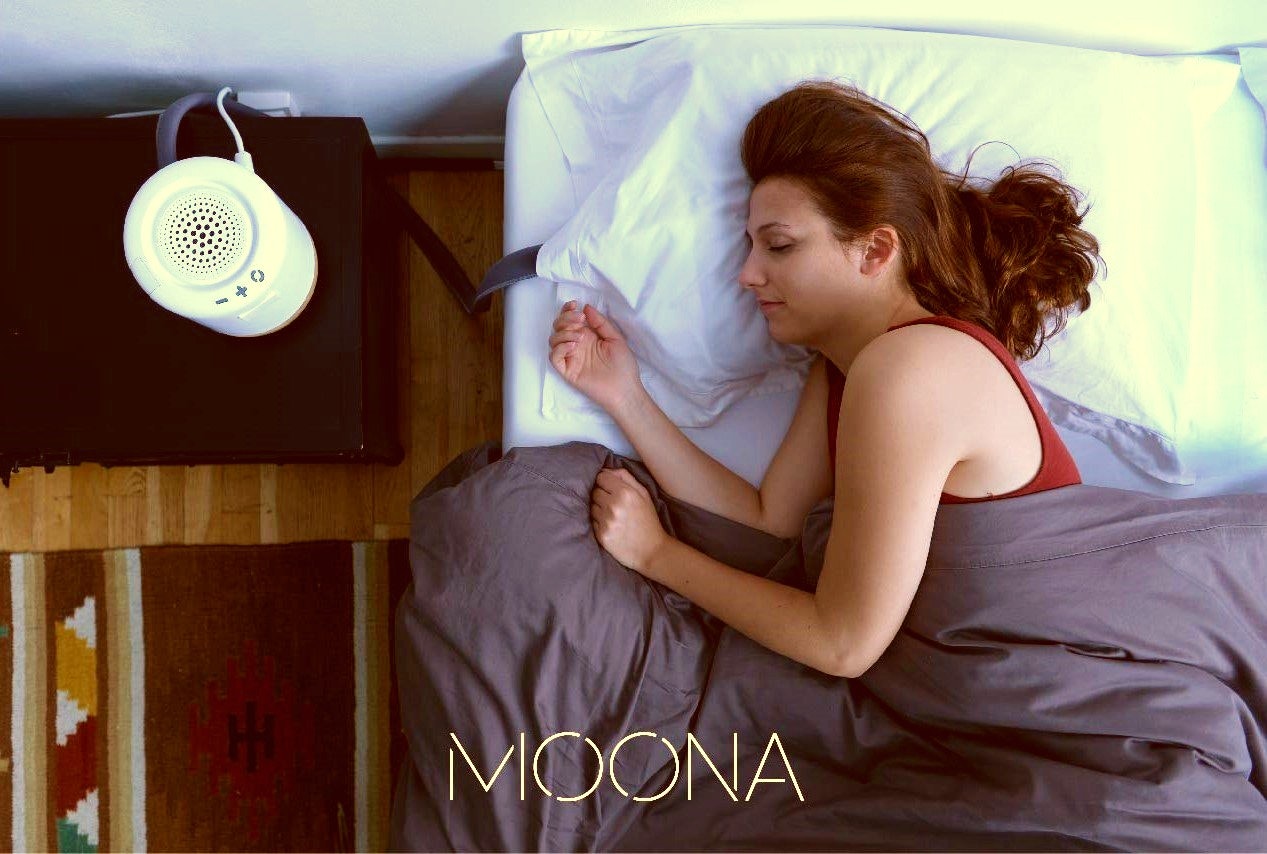
In France, Moona's cofounder and chief executive Coline Juin hopes to help menopausal women keep cool in a different way.
Launched off the back of a Kickstarter campaign, the Paris startup has developed thermoregulating pillows that live on your bed (and are now available for pre-order for $400).
“Women going through menopause have been amongst our most satisfied test users so far and we believe we can be especially helpful for that demographic,” Juin tells Sifted.
Menopause services from online doctors and coaches
And the world of menopause tech is not just about physical devices.
Women are already actively seeking online menopause services and support (Facebook is home to more than 40+ thriving groups with tens of thousands of members) and startups are eager to meet their needs.
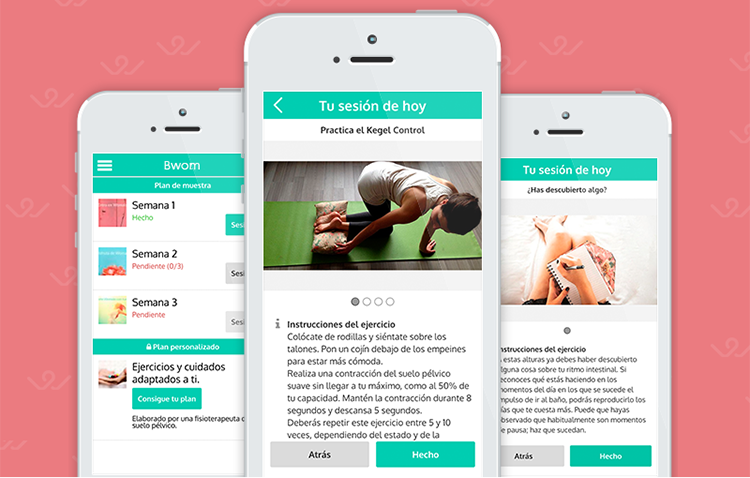
B-wom is an app offering personalised women’s health coaching and content, founded in 2016 in Barcelona, Spain. The startup raised a $1.1m series A round in 2017 and is already helping hundreds of women around the world.
B-wom’s personalisation is what makes it stand out, B-wom founder and CEO Helena Torras tells Sifted.
“We know that one woman might have menopause problems with sleeping, while another might struggle with being overweight. So we set our own patterns and send content that is most helpful to you.”
The platform will develop more and more content related to menopause, especially around topics like ‘sex and menopause’, says Torras. "We have a lot of women telling us they are struggling with low lobido,” she adds.
B-wom does offer a consumer-first service, but it is mainly pursuing a business-to-business model where employers can offer B-wom to female employees, and insurance and pharma companies can offer it to their customers.
Existing femtech platforms are broaching out too
Lina Chan, founder of London based fertility support platform Adia, says numerous women have arrived at her platform looking for menopause support.
“Menopause is another taboo subject where women struggle to get the proactive support they need,” says Chan. “It is definitely something we want to help women better understand and manage. It's on our product roadmap.”

In Israel, virtual reality exercise startup XRHealth has developed a snowy landscape where women complete cognitive behavioural therapy to reduce their menopause symptoms.
The startup claims its ‘Luna’ service helps those experiencing hot flushes due to cancer treatments and the menopause. Its first (small) clinical trial suggests it could help reduce flushes and night sweats by half (50%). Patients also experienced decreased stress and increased sleep quality.
“The beauty of VR is that you can harness the brain to affect the body,” said XRHealth founder Eran Orr.
Menopause tech: a sector about to boom?
While most serious investment remains stateside, Europe’s menopause tech startups are ready to build the next booming femtech sector. But investors need to wise up first.

Genneve backer StartupHealth makes investments in health startups around the world, including Italy’s InSilicoTrials, Finland’s Path Surgery, and Israel’s HelpAround Medical.
The firm's Anne Dadoi says that stigma and a lack of information is a stumbling block for many investors, especially when those in positions to make investment decisions are typically only comprised of 20% women.
Yet, the menopause tech revolution is coming. It is just a matter of time.
“As millennials get older and begin to experience menopause, the need for appropriate tech will only grow," she says.
"The future of menopause tech will show a saturated market with solutions that address all the different changes women experience during menopause, including sexual changes, physical changes and mental changes.”


